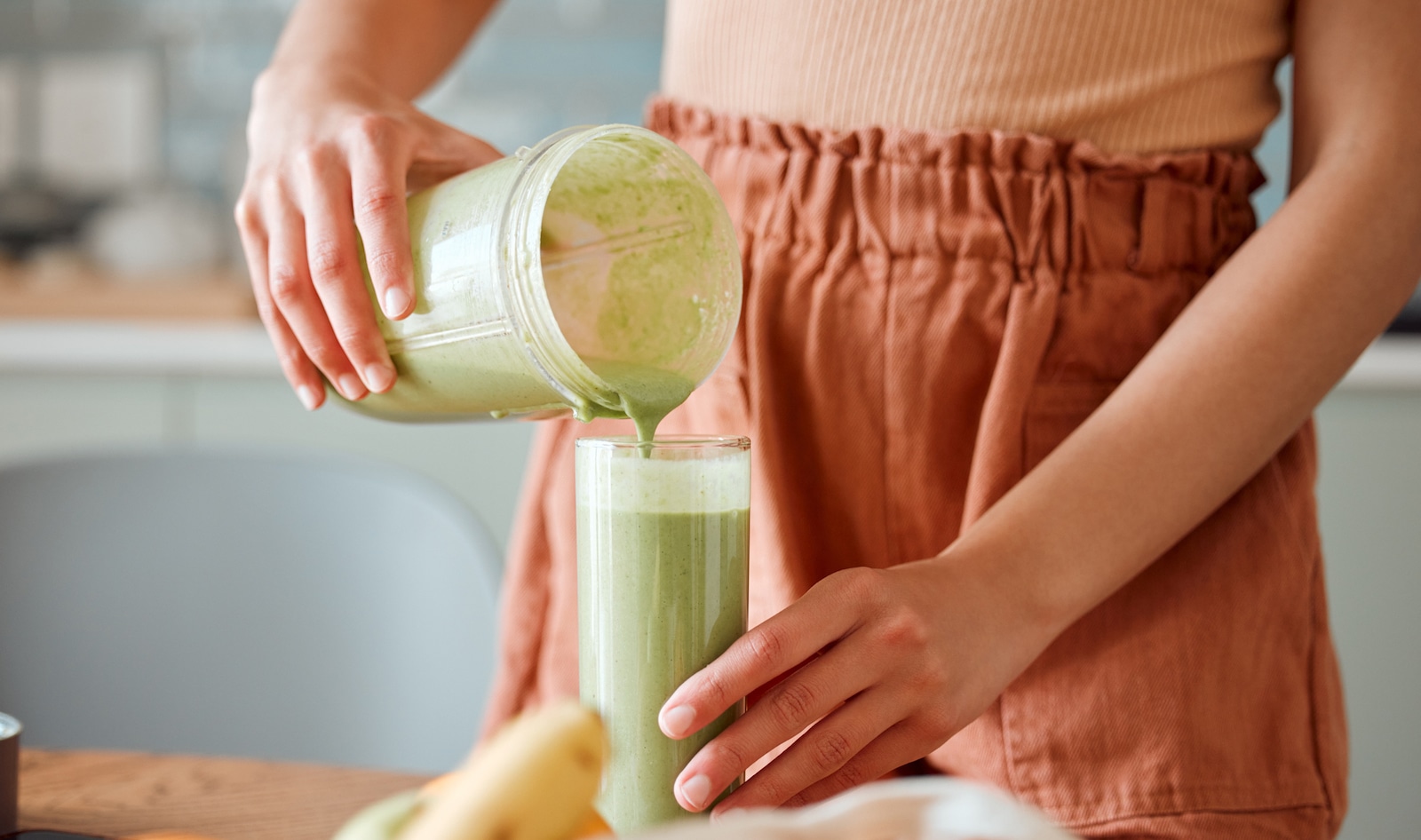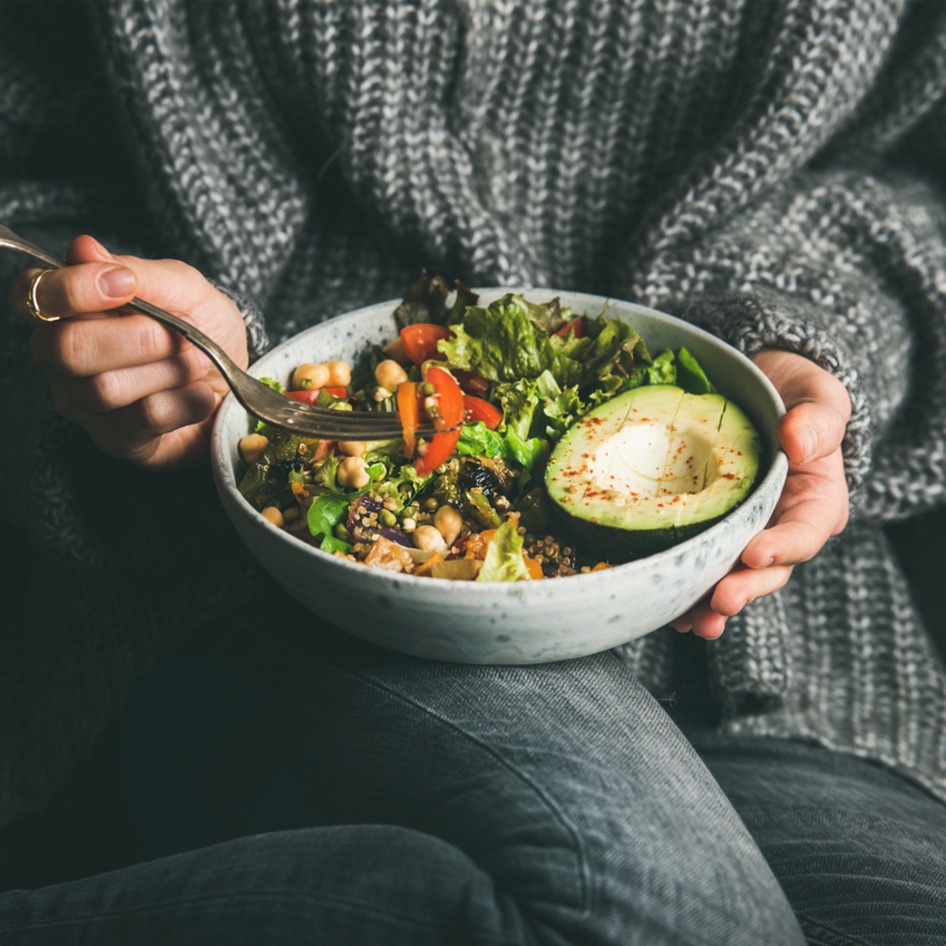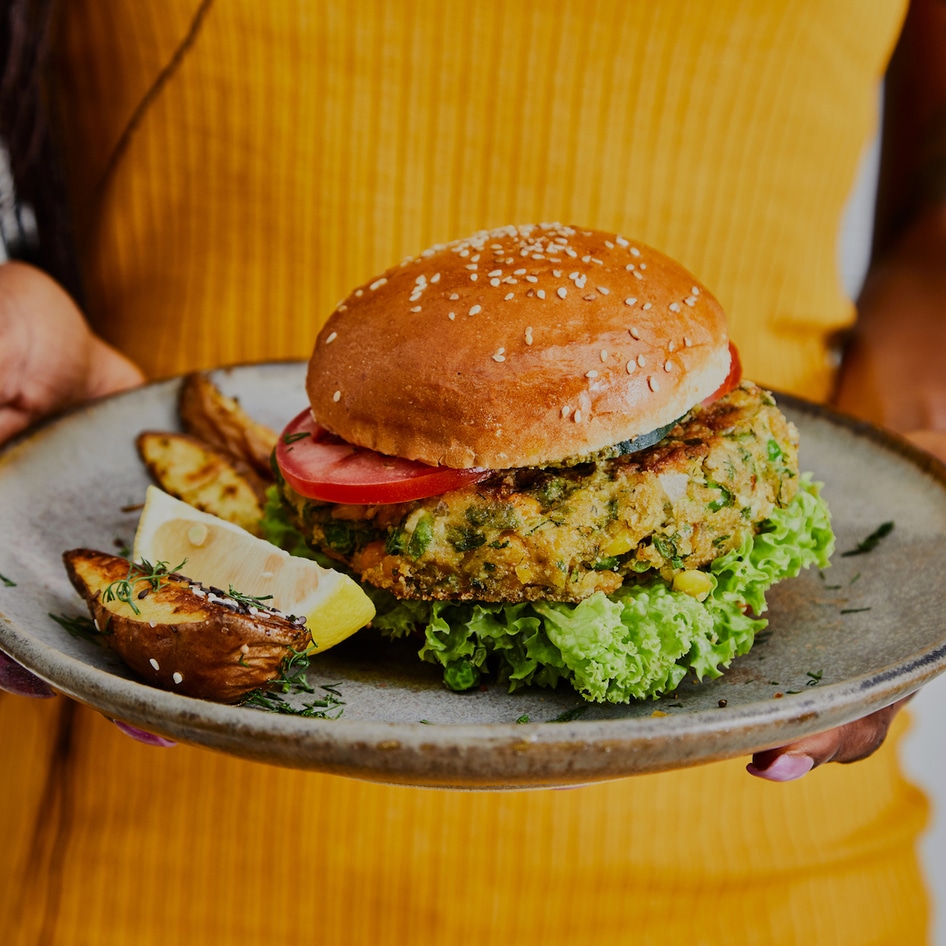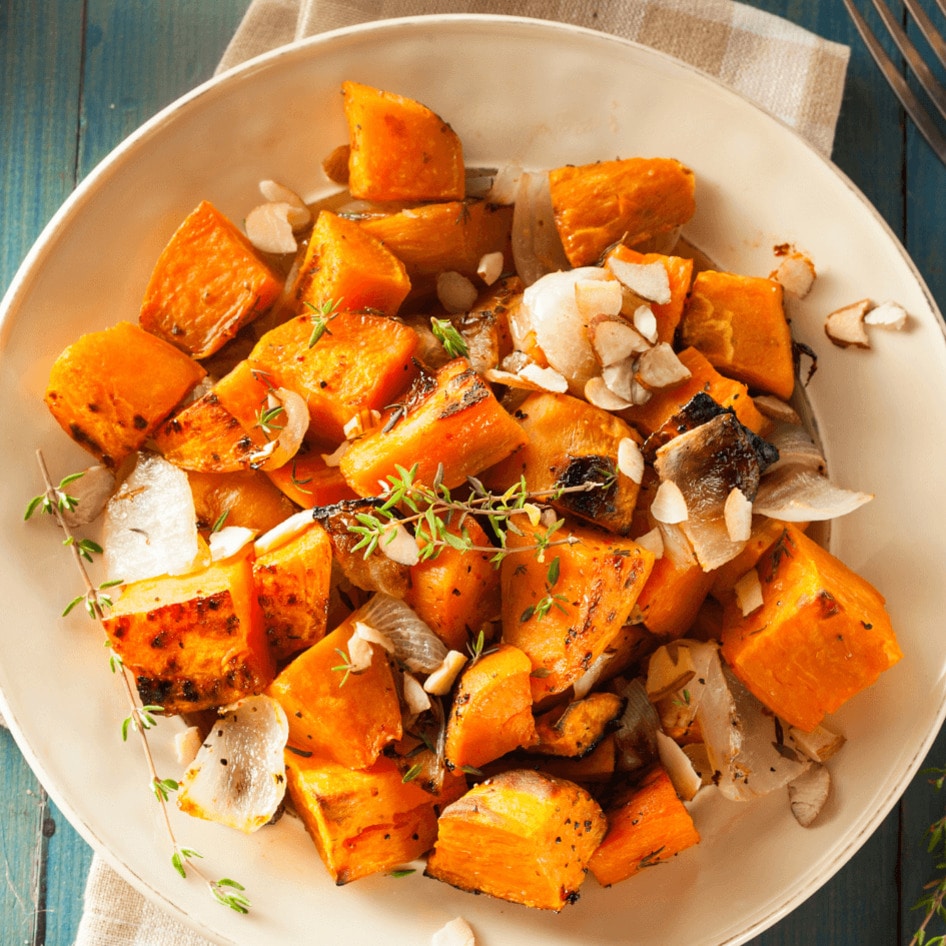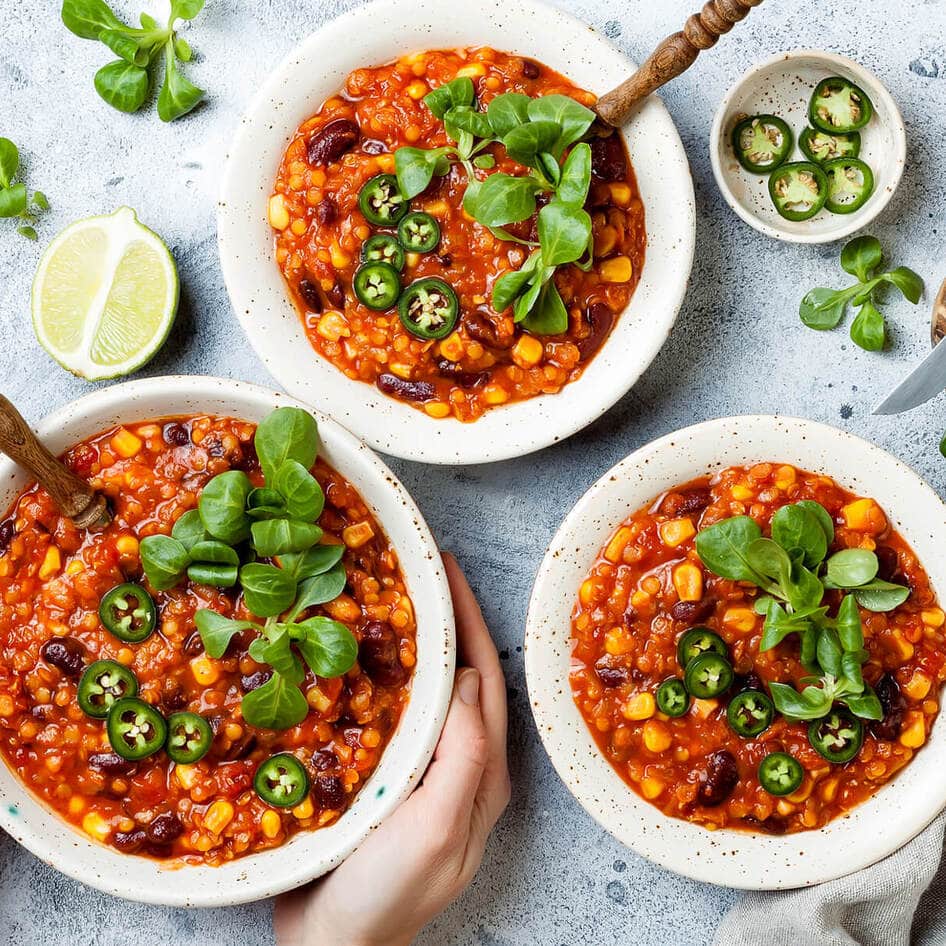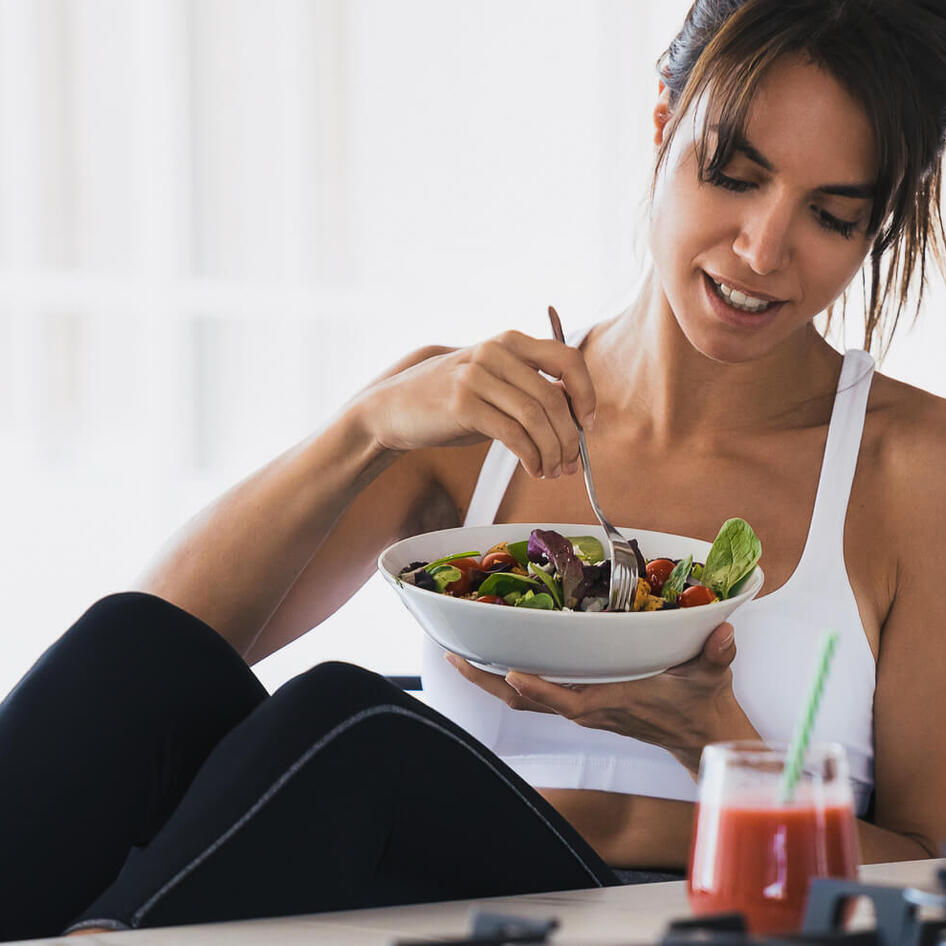As a kid, you probably fell over and scraped your knees more than once (heck, it’s likely happened as an adult, too!). And each time, you probably noticed a little bit of redness, irritation, swelling, and of course, a bit of pain. This is inflammation, and it’s the body’s natural way of healing itself. But while we’re all familiar with the external process and what it looks like, inflammation also happens inside the body. And if this internal inflammation becomes chronic, it can seriously impact our health. Here, we take a look at the power of food when it comes to managing internal inflammation. But first, let’s take a closer look at what it is and how you know it’s happening.
What is inflammation?
Inflammation is an immune response that occurs in the body when cells are signaled to heal damage caused by something foreign. Say, those playground-scraped knees, a cut finger, or an infection. Your body’s white blood cells and other healing molecules rush to the site of the problem to fight destructive cells, removing any unwanted or unwarranted activity or debris. This is called acute inflammation, and it is a necessary part of the healing process.
When is inflammation bad?
Inflammation causes more harm than good when it becomes chronic. The body continues to call all of those same cells into action, but there is no cut, scrape, or infection to fix, so they start harming healthy areas of the body instead. Research suggests that chronic inflammation has serious consequences: it can contribute to the development of life-threatening diseases such as cancer, heart disease, diabetes, asthma, osteoporosis, and Alzheimer’s, to name a few.
 National Cancer Institute
National Cancer Institute
Internal chronic inflammation is much harder to detect because the symptoms are often familiar, daily occurrences that we become accustomed to—or hardly present at all. Lack of energy and general sluggishness, regular digestive discomfort, weight gain, weight loss, and dry, irritated skin are just a few of the indicators of an internal imbalance.
What causes chronic inflammation?
There are many causes of chronic inflammation. For example, research has linked air pollution to a more reactive immune system and an increase in internal inflammatory responses. Microplastics have also been linked to chronic inflammation. (In 2019, one study predicted we could each be consuming around one credit card of plastic per week, through contaminated water and food.)
Stress, smoking, and lack of exercise also contribute to chronic inflammation, as well as consuming certain foods.
Food and chronic inflammation
The consumption of some foods—namely sugar, refined and processed foods, trans fats, and animal products—is linked to an increase in chronic inflammation.
According to Dr. Michael Greger, MD FACLM, a physician, nutrition speaker, and bestselling author, “a single meal of meat, dairy, and eggs” can trigger an inflammatory reaction “within hours.” “Within 5 or 6 hours, the inflammation starts to cool down, but then what happens? Lunchtime!” he writes on his website NutritionFacts.
 Cottonbro Studio
Cottonbro Studio
“At that point, we can whack our arteries with another load of animal products for lunch,” he explains. “In this routine, we may be stuck in a chronic low-grade inflammation danger zone for most of our lives. This can set us up for inflammatory diseases such as heart disease, diabetes, and certain cancers one meal at a time.”
But while diet can contribute to chronic inflammation, it can also reduce it. Consuming a number of plant-based foods, like vegetables, fruit, seeds, and spices, is linked with a drop in chronic inflammation.
7 inflammation-reducing vegan foods
Reach for these plant-based foods to help reduce inflammation. And remember, always speak to your doctor if you’re concerned about inflammation affecting your health.
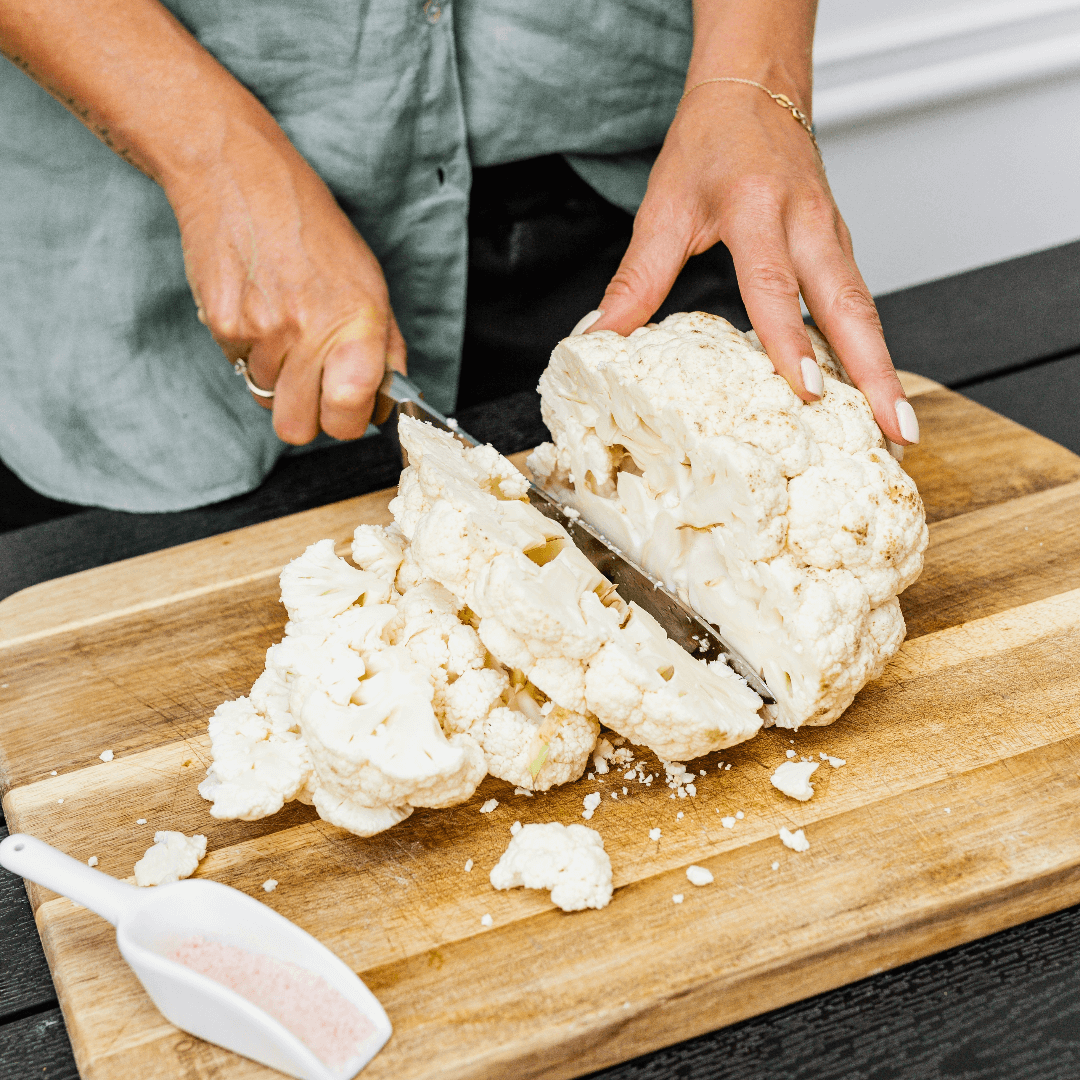 Karolina Grabowska
Karolina Grabowska
1 Vegetables
Eat more vegetables than any other food. Packed with anti-inflammatory and antioxidant properties, choices including kale, spinach, cauliflower, carrots, beets, and sea vegetables are the ultimate natural remedies to help your body heal. Keep to a daily minimum of four to five servings of raw, slow-cooked, lightly simmered, or steamed veggies instead of frying, roasting, or grilling. Give yourself bonus points for adding them to every meal—even breakfast. Good morning, spinach and strawberry smoothie!
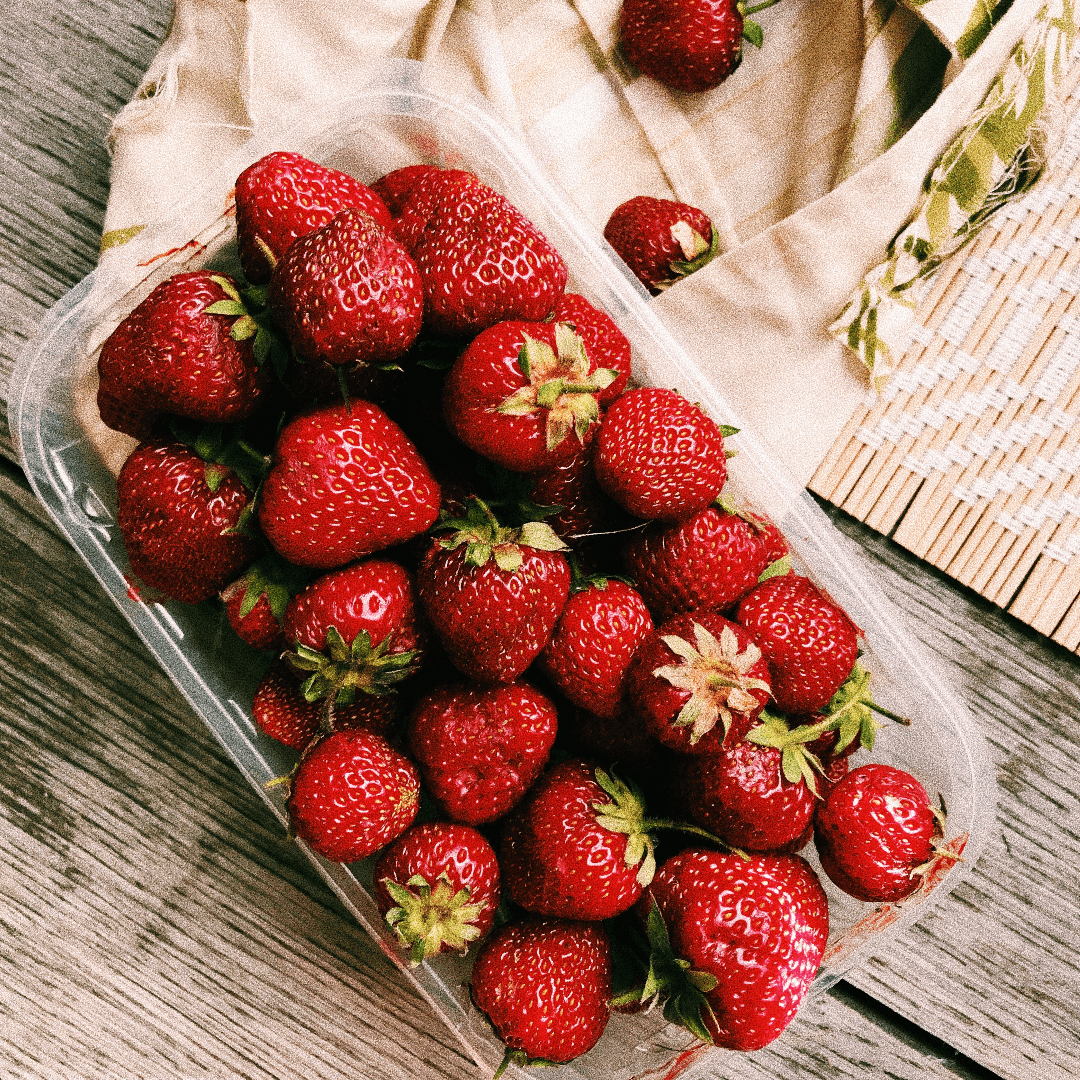 Aнна Pоманченко
Aнна Pоманченко
2 Fruit
Eat more fruit with the least amount of natural sugar, such as strawberries, raspberries, blueberries, and pink grapefruit. Integrative-medicine guru and best-selling author Dr. Andrew Weil recommends cutting down your intake of high-sugar tropical fruits and replacing them with organic, seasonal, or frozen varieties in a wide range of colors—taste the rainbow (and no, we don’t mean Skittles).
 Miguel Á Padriñán
Miguel Á Padriñán
3 Nuts and seeds
Devour five to seven servings per day of omega-3 fatty acids and healthy fats from foods like nuts and nut oil, flax, chia seeds, and extra virgin olive oil, and nab marine sources like algae and phytoplankton in tonic or supplement forms.
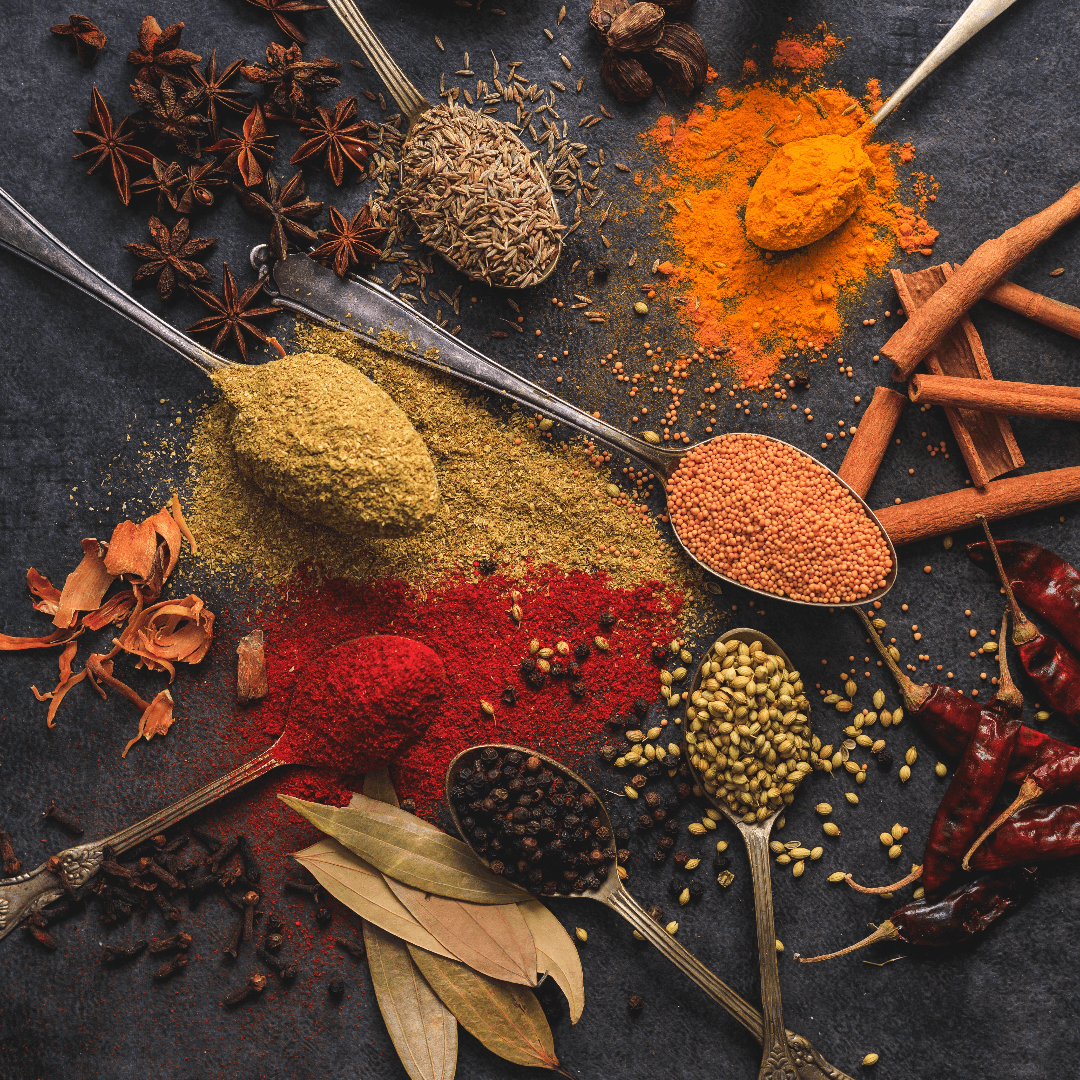 Shantanu Pal
Shantanu Pal
4 Spices
As natural anti-inflammatory agents, spices should be added generously to each meal. Reach for turmeric, ginger, hot red peppers, and garlic in spades (grant yourself an exception on the last one during date night).
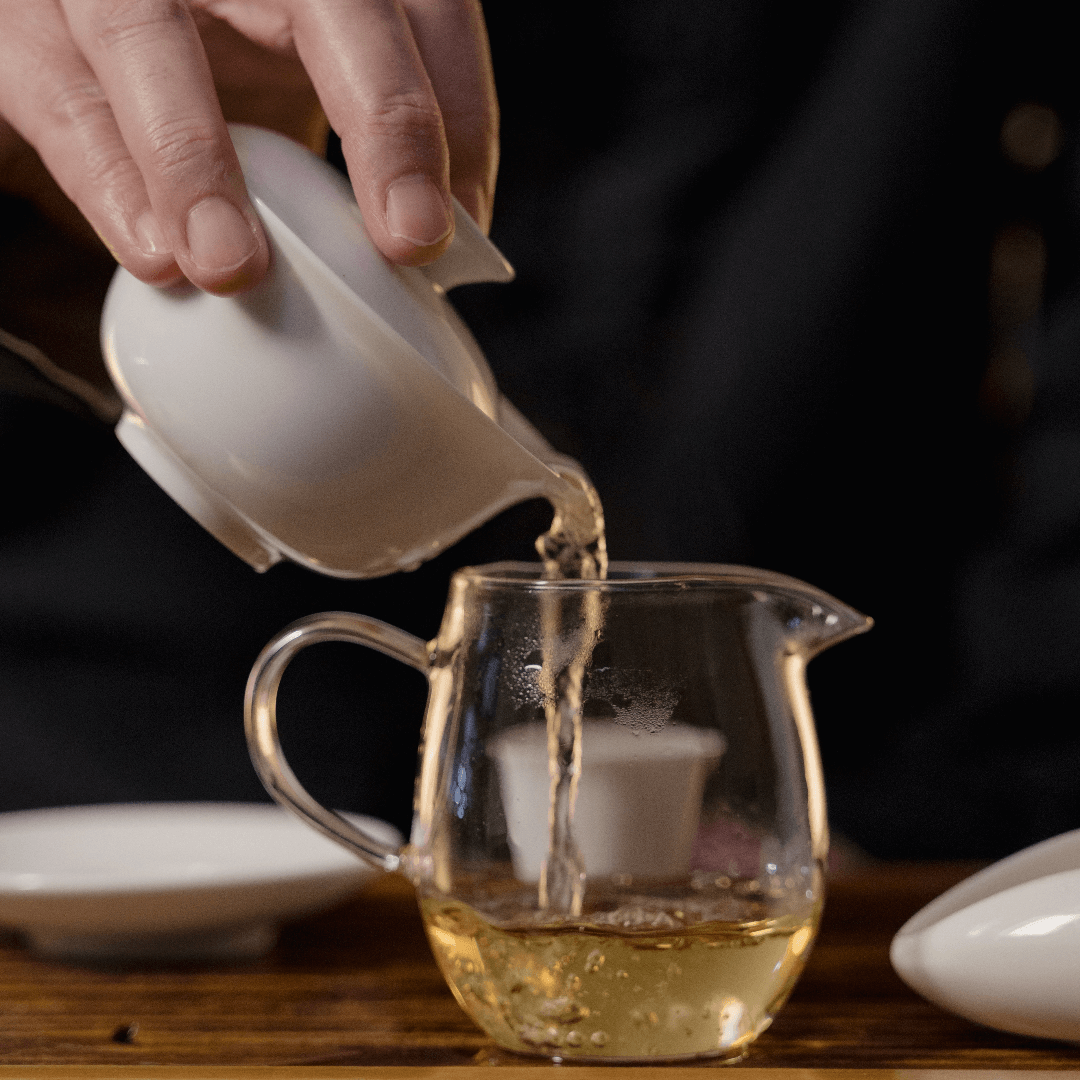 Tima Miroshnichenko
Tima Miroshnichenko
5 Green tea
Green tea is a great inflammation-fighter since it is rich in catechins, antioxidant compounds that reduce inflammation. Make sure to buy high-quality, organic varieties and follow brewing instructions carefully. Sip away!
 Cottonbro Studio
Cottonbro Studio
6 Supplements
Savvy vegans know the importance of B12, but simply put, additional supplements will help fill in the gaps where you might be lacking in nutrients while you correct your diet. Make sure your daily vitamin includes vitamin C, vitamin E, and mixed carotenoids.
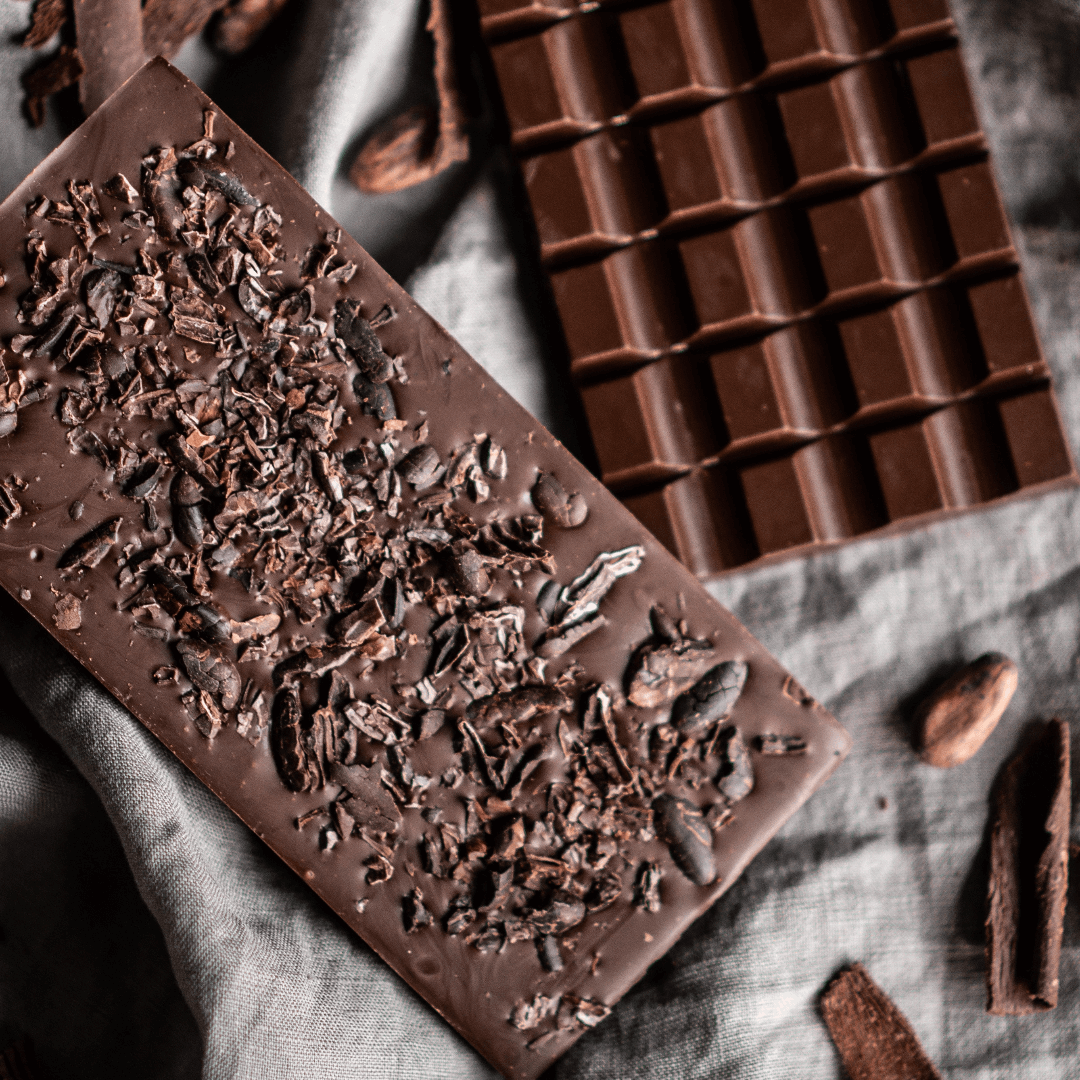 Dmitriy Ganin
Dmitriy Ganin
7Healthy sweets
Healthy sweets such as dark chocolate should be consumed sparingly, but they do offer antioxidant benefits in varieties that are 70-percent cocoa or higher. You read right: eat chocolate to improve your health.
But, it’s important to remember that preventing chronic diseases also goes beyond your plate; it’s about a thoughtful and considerate lifestyle, too. Changing your diet is an important piece of the puzzle, but reducing stress and making room in your life for items that enhance your health, joy, and well-being is important, too.
For more vegan health tips, read:
JUMP TO ... Latest News | Recipes | Guides | Health | Shop

